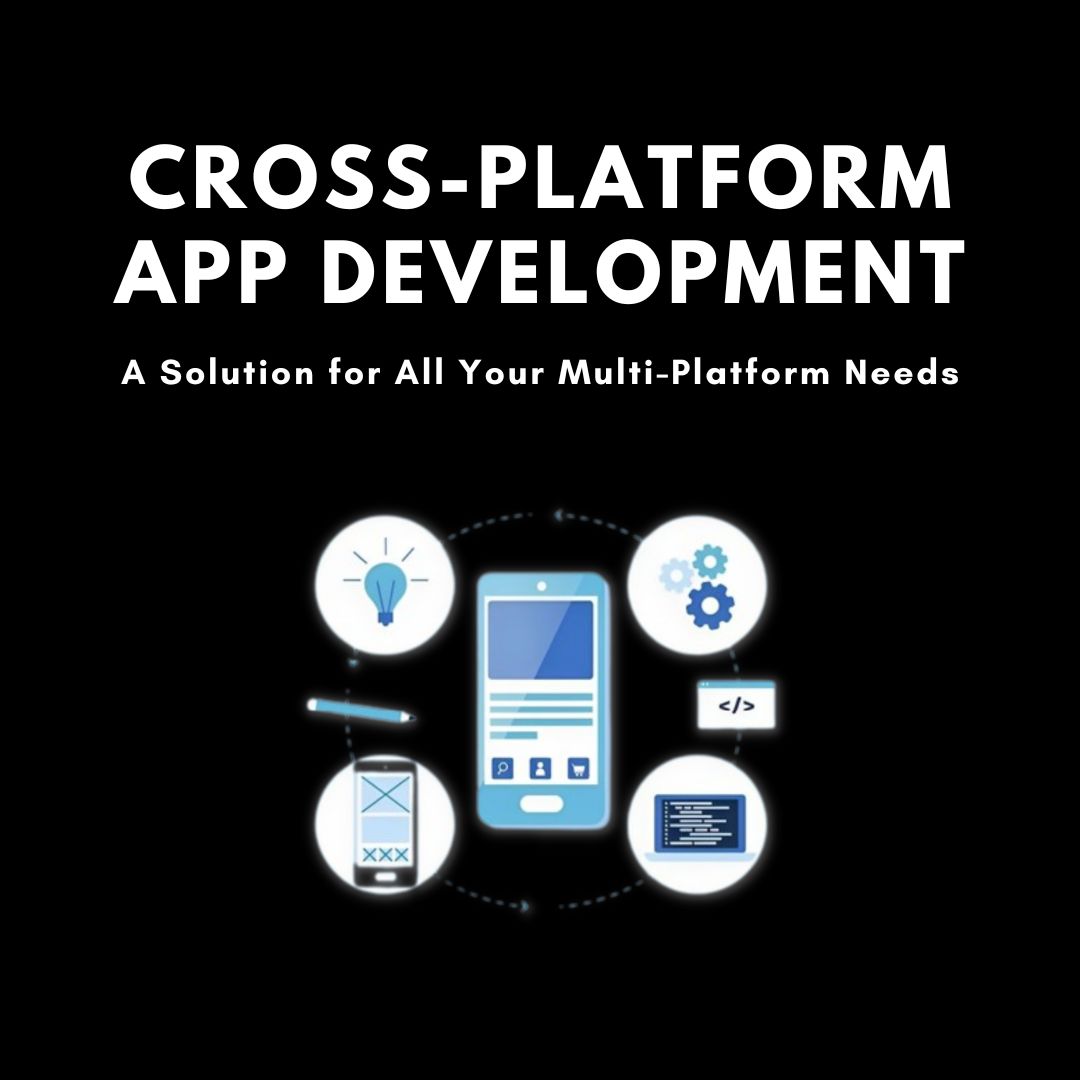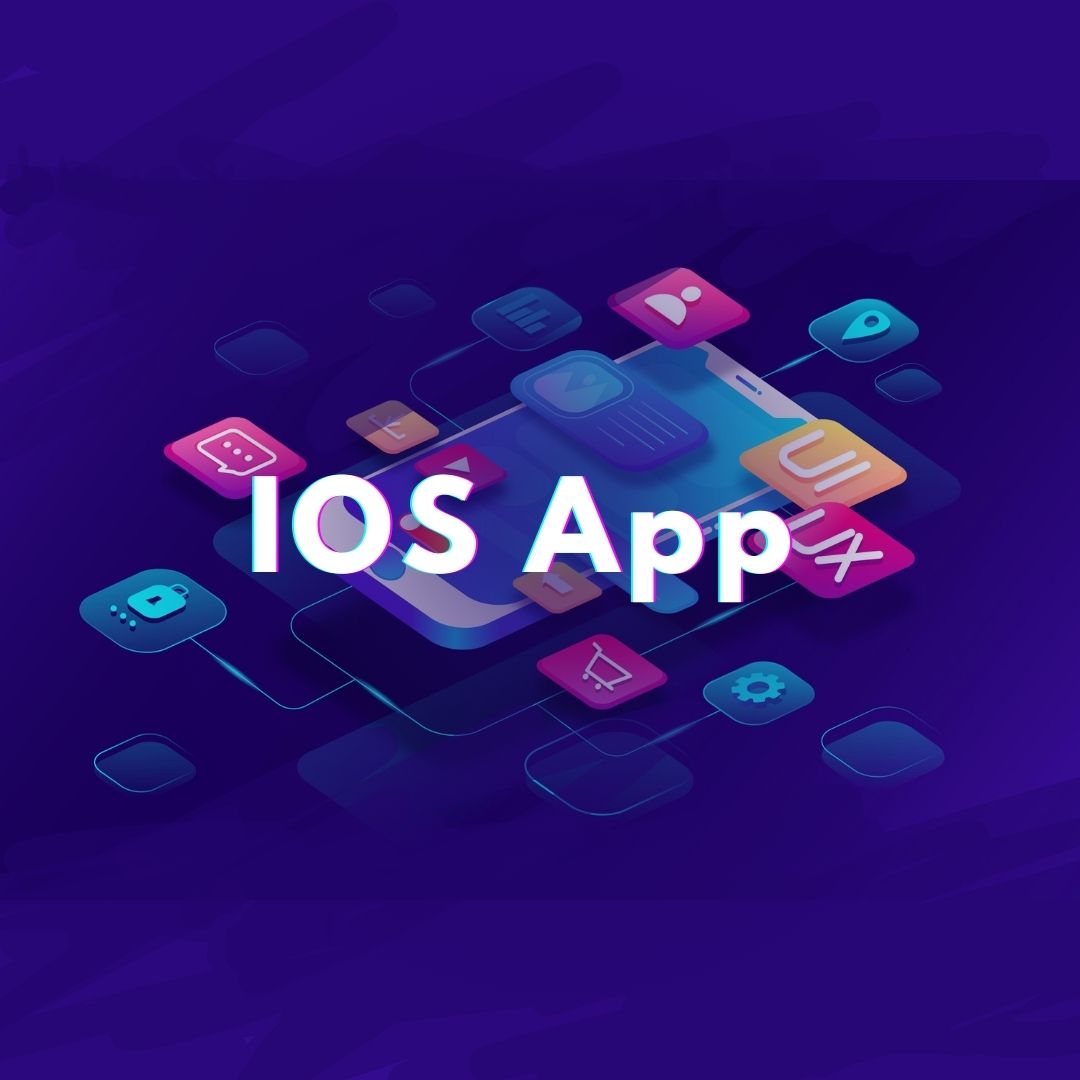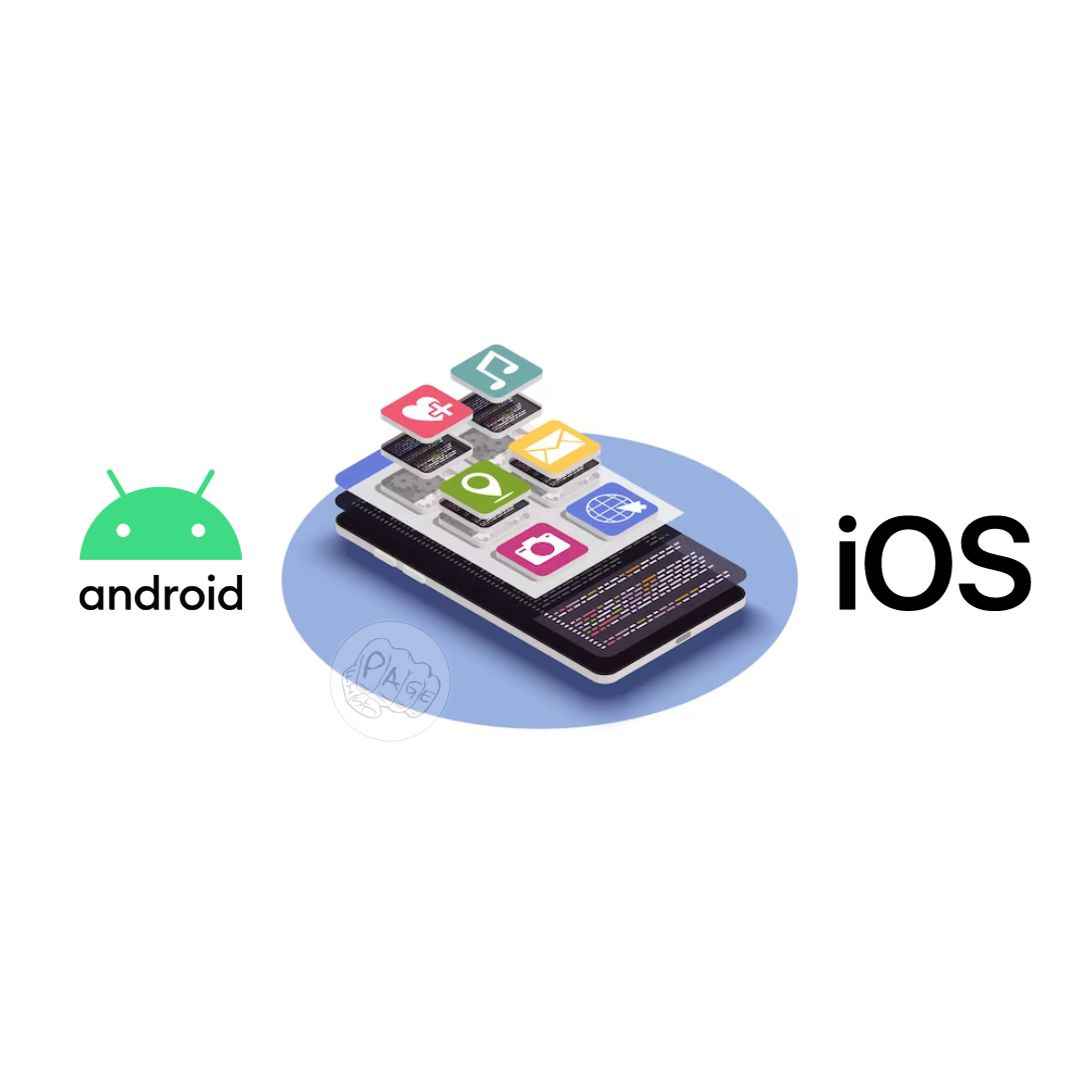Cross-Platform App Development: A Solution for All Your Multi-Platform Needs
Explore the world of Cross-Platform App Development, a cost-efficient solution for clients looking to develop apps that work on multiple platforms. Discover the benefits, frameworks, and FAQs surrounding this innovative approach!
Introduction
In today's digitally-driven world, there's one thing that's as ubiquitous as your favorite guilty-pleasure sitcom reruns – mobile apps! And if you're one of those clients looking to develop apps that work on multiple platforms, you're in the right place. Welcome to the dazzling universe of Cross-Platform App Development!
You might be wondering, "What's all the fuss about Cross-Platform App Development: Clients looking to develop apps that work on multiple platforms may search for cross-platform app development solutions." Well, let's spill the beans and break it down for you, step by step.
What's the Buzz All About?
Let's start by decoding the buzz surrounding cross-platform app development. So, here's the deal: clients from every corner of the digital realm are on a relentless quest to create apps that can run on different platforms. Whether you're targeting iOS, Android, Windows, or even the Web, you want your app to be the superstar that shines everywhere, right? That's where cross-platform app development comes into play!
Cross-Platform App Development: Clients looking to develop apps that work on multiple platforms may search for cross-platform app development solutions. Here's the lowdown:
- It's all about creating an app that doesn't play favorites. You write the code once and let it do the magic on various platforms. Efficiency, anyone?
- It's like having a single suit that fits every occasion. You save time, effort, and, most importantly, resources.
So, are you still pondering whether cross-platform app development is the right path for you? Well, you're in for a treat! We'll delve deeper and explore the nitty-gritty of this tech-savvy solution in the sections to follow.
Unraveling the Cross-Platform Code: How Does It Work?
A Slice of the Cross-Platform Pie
Cross-platform app Development is all about slicing a piece of that multi-platform pie. Let's see how it's done!
1. Write Once, Run Everywhere
Ever dreamed of writing a code that can do a global tour? With cross-platform development, you can! The secret sauce here is using a single codebase that can be deployed across multiple platforms.
- Say goodbye to the days of maintaining separate codebases for iOS, Android, and other platforms.
- A single codebase means less time and resources spent on development, updates, and bug fixes.
2. Code Reusability
In the realm of cross-platform app development, code reusability is your best buddy! Write it once, and you can use it again and again across different platforms.
- Your codebase becomes an asset that keeps on giving. Think of it as the gift that keeps on giving but in the tech world!
- Changes and updates are faster and easier. You make a tweak, and it ripples across all platforms.
3. Native-Like Experience
You might be thinking, "Okay, but do I have to compromise on the user experience?" The answer is a resounding NO! Cross-platform development can provide a native-like experience.
- Users won't even notice the difference. It's like magic!
- Access to native features and capabilities, without breaking a sweat.
4. Cost-Efficiency
Running a business or developing an app can be costly, right? Well, cross-platform app development is here to save the day.
- Lower development and maintenance costs. Let's keep those pockets happy!
- A quicker time-to-market. Get your app out there faster and start reaping the benefits.
The Tech Behind the Magic
Now that you know the "why" let's dive into the "how." Cross-platform app development utilizes a variety of tools and frameworks to create the magic:
1. React Native
React Native is like the cool kid on the block. It's an open-source framework developed by Facebook. Here's why it's all the rage:
- It uses JavaScript, which is a widely used and versatile programming language.
- It allows you to build natively-rendered mobile applications for iOS and Android.
2. Flutter
Flutter, the brainchild of Google, is another heavyweight contender in the cross-platform arena:
- It uses the Dart programming language, designed for building mobile, desktop, web, and backend applications.
- Flutter provides a rich set of customizable widgets and is known for its smooth, responsive performance.
3. Xamarin
Xamarin is Microsoft's contribution to the cross-platform world:
- It leverages C# and .NET to build native apps for iOS, Android, and Windows.
- You can share up to 95% of your code across platforms, which is a developer's dream come true!
The Pros and Cons
Let's take a closer look at the advantages and disadvantages of cross-platform app development:
Pros
- Cost-effective: Reduced development and maintenance costs.
- Faster development: Write once, deploy everywhere, and reach your audience sooner.
- Easier maintenance: Updates and bug fixes are a breeze with a single codebase.
- Wider audience reach: Your app can be accessed across multiple platforms.
Cons
- Limited access to platform-specific features: While cross-platform development is versatile, it may lack some of the unique features of a specific platform.
- Performance: Native apps can sometimes outperform cross-platform apps in terms of speed and responsiveness.
- Learning curve: Developers may need to learn new tools and languages to work with cross-platform frameworks.
The Road Less Traveled: A Conclusion on Cross-Platform App Development
So, there you have it, the ins and outs of Cross-Platform App Development! If you're one of those clients looking to develop apps that work on multiple platforms, this is the magic wand you've been searching for.
With the ability to write code once and run it everywhere, code reusability, and a native-like user experience, cross-platform development offers a cost-efficient solution that doesn't compromise on quality. It's all about efficiency, savings, and reaching a broader audience without the headache of maintaining multiple codebases.
However, it's not a one-size-fits-all solution. Consider your project's specific needs and your development team's expertise when choosing the right framework. While cross-platform apps can access many platform-specific features, there might be some trade-offs in terms of performance.
In the end, the road less traveled by some can lead to incredible success. Clients looking to develop apps that work on multiple platforms may indeed find their answer in cross-platform app development. So, why wait? Dive into the world of cross-platform development and make your app shine on every platform!
Share This Post
Related Articles
Mobile App Development Trends to Watch in 2023
Discover the top Mobile App Development Trends to Watch in 2023! From AI-powered apps to the metaverse and blockchain integration, stay ahead in the world of mobile app development.
App Development for Beginners
If you are interested in app development but have no prior experience, this guide will help you get started. App development is the process of creating software applications that run on various devices, such as smartphones, tablets, computers, or smartwatches. There are many tools and platforms that you can use to create apps, depending on your goals, preferences, and skills.
Develop iPhone App and Become an IOS Mobile App Developer
If you want to develop an iPhone app, you need to have some basic skills and tools. First, you need to know how to code in Swift, the official programming language for iOS. Swift is a modern and powerful language that lets you create fast and responsive apps. Second, you need to have a Mac computer and Xcode, the integrated development environment (IDE) for iOS. Xcode is where you write, test, debug, and deploy your app. Third, you need to have an Apple Developer account and a device to test your app on. An Apple Developer account lets you access the App Store, where you can distribute your app to millions of users. A device, such as an iPhone or an iPad, lets you see how your app looks and works on a real screen.
Elevating Your Mobile App Development Experience in Raipur, Chhattisgarh
Elevate Your Business with Top Mobile App Development in Raipur, Chhattisgarh! PageFist specializes in crafting captivating Android and iOS applications. Discover our commitment to excellence and free digital audit for your business.
App Development Company in India
PAGEFIST is a leading app development company in India that offers innovative solutions for various platforms and industries. We have a team of experienced and skilled developers who can create custom apps that meet your specific needs and expectations. Whether you need an app for iOS, Android, web, or hybrid, we can deliver it with high quality and efficiency. We also provide app maintenance and support services to ensure your app runs smoothly and securely. Contact us today to get a free quote and consultation for your app project.
Related FAQ
No related FAQ.
Say Hello
To Your Dream





